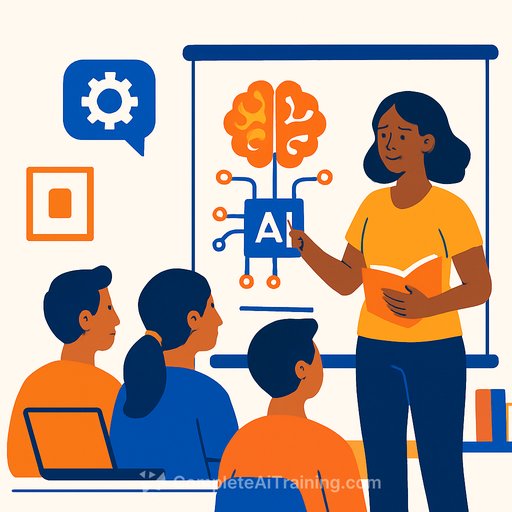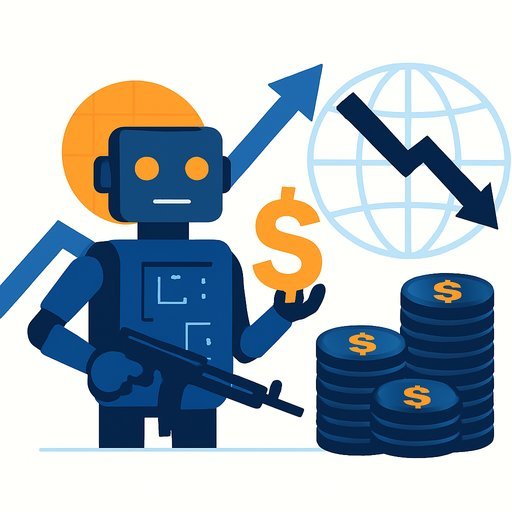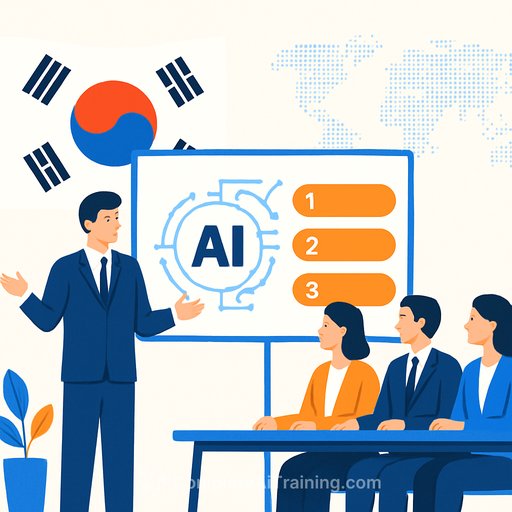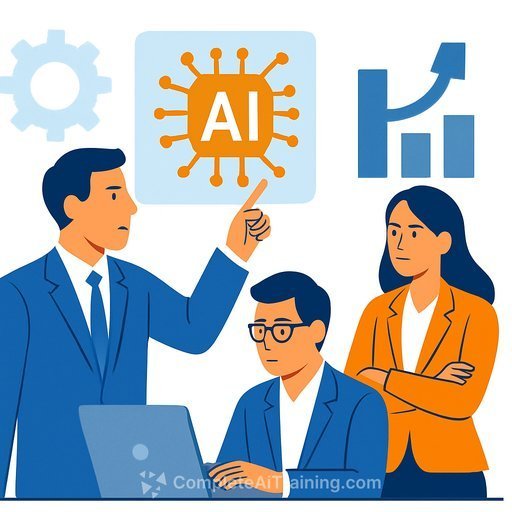The Importance of Frontline Education in the Age of AI
While executives focus on AI strategy in boardrooms, the real change is happening on the frontlines. Frontline workers engage daily with AI—from automated scheduling to AI-assisted diagnostics and customer service chatbots. Yet many organizations treat AI as a corporate challenge, overlooking those most affected by it. This approach is a serious misstep.
To stay competitive, companies must invest in the people closest to the work. The frontline is where AI strategies are truly tested. If AI fails here, it fails everywhere.
A recent IBM report states that 40% of workers will need to reskill within three years due to AI and automation. Still, many organizations deprioritize frontline education. This shortsightedness leads to higher turnover, disengagement, and operational inefficiencies when workers aren't prepared to adapt.
Some companies are setting a strong example. Carter’s, CVS Health, McDonald’s, and Papa Johns have expanded education benefits to hourly and frontline employees. These programs go beyond tuition assistance, offering career pathways, coaching, and short-form credentials aligned with business needs.
McDonald’s Example
McDonald’s proves that frontline education is not just a benefit but a strategic priority. Its Archways to Opportunity program provides restaurant employees with access to high school completion, college tuition assistance, English courses, and career coaching. The impact is significant: over 90,000 crew members have participated, with more than $240 million invested in tuition assistance.
According to a survey of Archways participants:
- 75% said the program helped them pursue careers in new fields or industries
- 79% learned job and life skills they continue to use
- 88% gained greater confidence in their abilities
- Nearly two-thirds reported earning more or receiving raises
- 55% said it helped them get promoted faster
As AI reshapes frontline roles, McDonald’s focuses on the human skills that matter most—communication, teamwork, and resilience—preparing its workforce to thrive alongside technology.
Immediate Actions for CHROs and CEOs
If you’re a CHRO or CEO wondering where to start, consider these three steps:
- Stop Gatekeeping Education: Learning opportunities often exclude frontline, hourly, and part-time workers. Remove upfront costs, offer flexible formats around shift work, and ensure programs deliver clear value. When Carter’s expanded education benefits access, participation increased and internal mobility improved.
- Lay the Groundwork for AI Readiness: Investing in automation requires investing in workforce readiness. This isn’t just about AI-specific training on day one. It means creating pathways for frontline employees to develop core technology skills and earn credentials for future roles. CVS Health’s tuition assistance offers no-cost access to over 80 degree and credential programs, including AI-related trainings. Align HR, L&D, and IT to prepare your workforce ahead of AI adoption acceleration.
- Tell Better Stories: Sharing real employee experiences with education programs builds engagement. When workers see peers advancing, learning feels achievable. Papa Johns’ Dough & Degrees program turns learners into ambassadors, reinforcing that growth is possible at every level.
AI won’t replace your workforce, but it will expose whether you’ve invested in them. It reveals the gap between companies that talk about transformation and those that prepare their people for it. The winners won’t be those with the biggest tech budgets, but those who see AI as a call to invest in human potential.
Your membership also unlocks:






